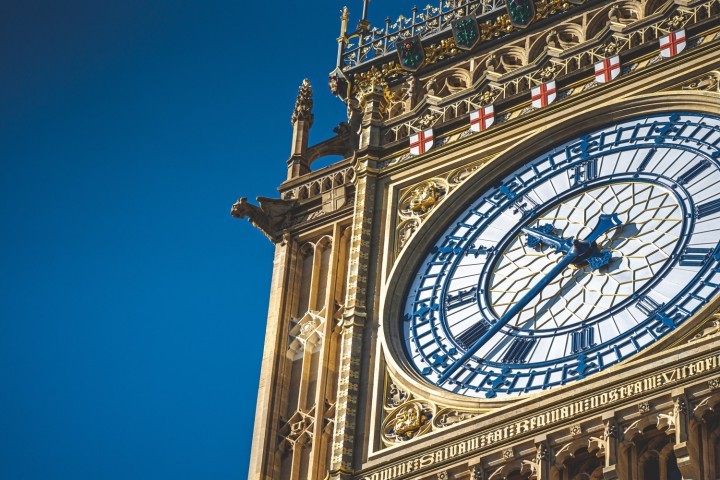With the Conservative party trailing Labour in the polls, the chancellor is widely expected to use the spring budget to win back voters ahead of this year's general election.
But how much can Jeremy Hunt afford to give away?
Tony Medcalf, tax partner at Lancashire-based accountancy and advisory firm MHA Moore and Smalley, says that the chancellor has already been warned against making irresponsible decisions.
He said: "The chancellor is under real scrutiny, with organisations like the International Monetary Fund warning him against unfunded tax cuts, which is why he’s already acknowledged there isn’t the same scope for cutting taxes as in the autumn statement.
"However, as I said in the autumn, this is the Conservative party’s last big chance before the election to create an ideological difference between itself and the other parties on tax policy.
“Therefore, I think the chancellor is likely to keep his focus on reducing the headline personal tax rates, for example further cuts to national insurance rates or a reduction in income tax.
“While there are other areas of personal taxation where the chancellor is thought to be considering changes, a two-pence cut to the headline rate of income tax is easier for people, and voters, to understand which is why I think it more likely."
VAT may be an area where the chancellor has room to manoeuvre in support of businesses.
Tony added: "With the news that the UK went into recession at the end of last year, the government is under pressure to do more to support businesses and boost growth.
“We already know that a single research and development tax relief regime comes in from April 2024, so we’re unlikely to see further changes here. Corporation tax was raised to 25 per cent last April for businesses with profits above £250,000 and I don’t foresee any changes here except potentially the introduction of some specific reliefs.
“One area where we may see action is on VAT where there continues to be more scope for changes following Brexit. For example, we could we see simplification and easing of some VAT restrictions for businesses in certain sectors.
“I think a raising of the VAT registration threshold from its current £85,000 is potentially an easy win for the chancellor as it will encourage small businesses not to put the brakes on growth to avoid registering for VAT.”
Matthew Johnson, associate partner WNJ accountants and business advisors, agrees that the chancellor faces a 'tricky balancing act' of delivering good news to the British voter while working to boost growth in an economy that, according to the figures, is in recession.
He said: "There has been some recent good news for the chancellor as he works on his statement. January’s public finances figures have led to economists predicting he’s now got £15-20billion of extra headroom.
"The UK’s current tax level burden is the highest rate on record, however set against the call for tax cuts are voters’ calls for more investment in public services.
"The thorny issue of Inheritance tax (IHT) is another area attracting speculation. IHT receipts are set to have a ‘record breaking’ year as they continue to rise, according to the latest HMRC figures. Having failed to make any changes to the system in the Autumn Statement, the chancellor may feel now is the time.
"For SMEs, the call for VAT changes remains strong. The Federation of Small Businesses (FSB) wants to see the threshold, which it labels a ‘barrier to growth’, raised from £85,000 to at least £100,000.
"Its ‘shopping list’ also includes uprating the Employment Allowance to keep it in line with recent raises in the National Living Wage, ensuring the future of the Recovery Loan Scheme to get funds to start-up and scale-up businesses, and bringing in a national Business Energy Advice Service to help small firms with energy costs."
The spring budget will be delivered on Wednesday 6 March.
Enjoyed this? Read more from Tim Aldred























